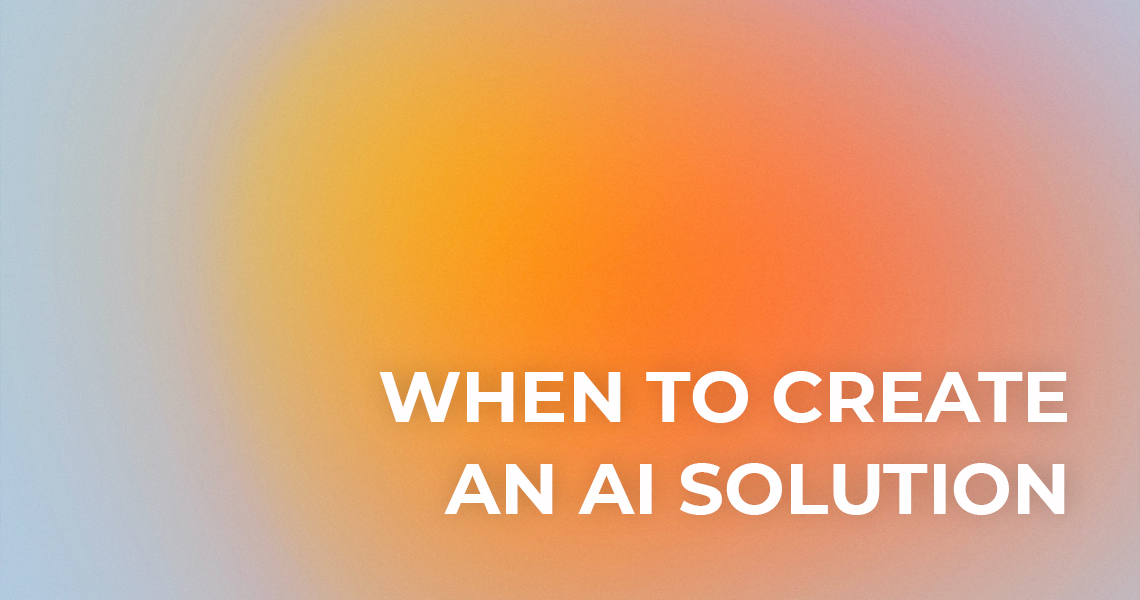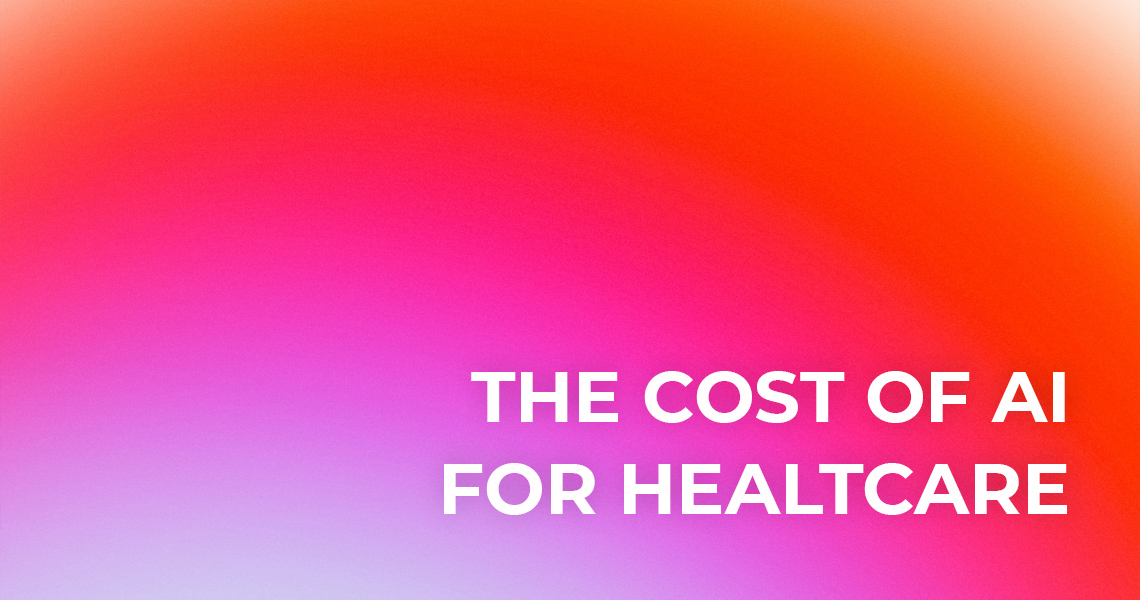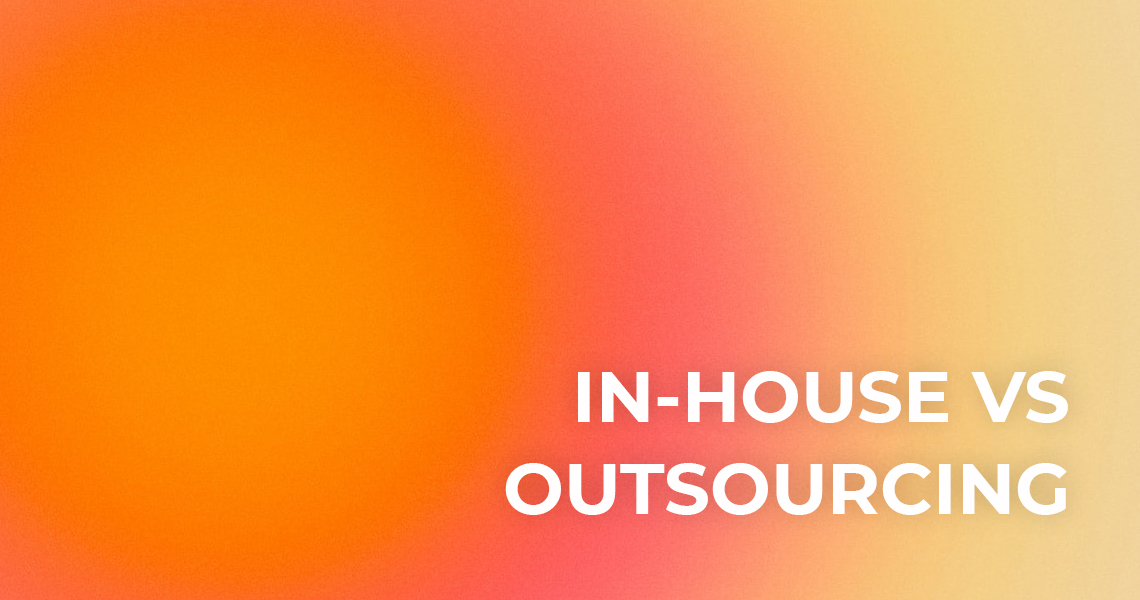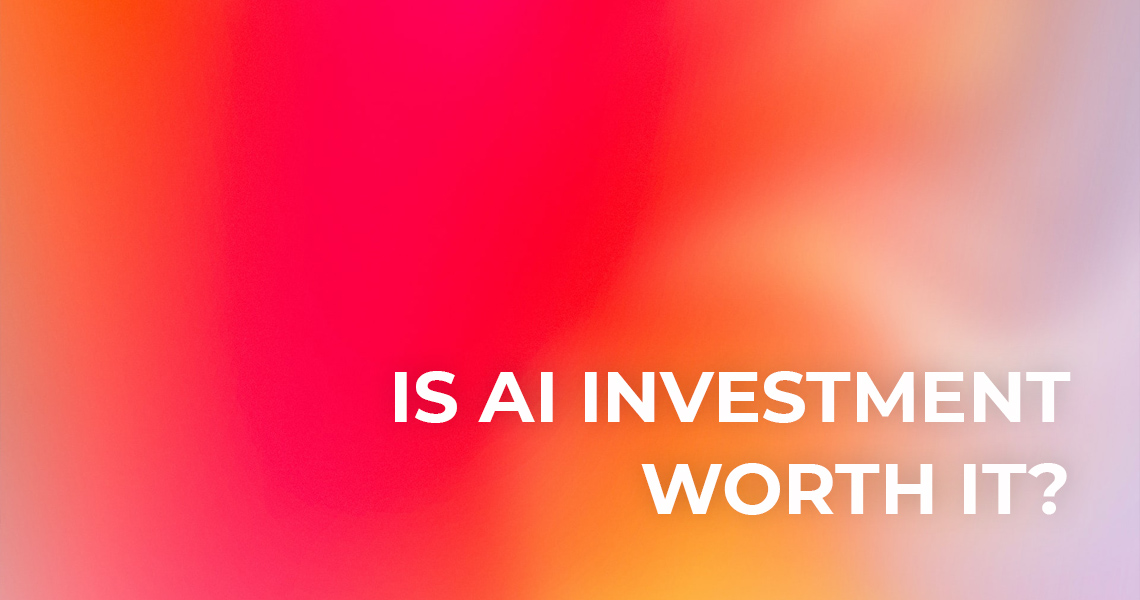The healthcare industry was predicted to rise in terms of market value up to $6.6 billion by 2021. After the pandemic, the rise has accelerated even more, which drives the adoption of innovation due to the vital need for rapid solutions. AI and machine learning have become a critical part of said innovations, used to create predictive models to aid in decision-making, disease prevention and diagnosis.
Before the epidemic, healthcare institutions and startups were carefully assessing the value AI can bring them, adopting the technology at a moderate rate with some skepticism, but now they are embracing AI and implementing AI systems at a rate never seen before. It has become obvious that the technology has the potential to transform the industry in many areas - from automating daily operations to predicting the patient outcomes on a large scale.
Custom AI solutions in healthcare can easily handle unique market challenges as well as reduce expenses on out-of-the-box solutions that are not specifically catered to the industry needs. This article explores how much artificial intelligence solutions cost when developed for a healthcare industry and why businesses can profit - and already do so - from a custom AI solution.

What Is The Best Time To Create An AI Solution?
Typically, the ready-made AI healthcare systems don’t offer the solutions that large medical enterprises require, which is why businesses might profit from custom AI development services. There are three main reasons why out-of-the-box solutions aren't the best way forward for healthcare AI.
- Ready-made solutions have limited performance capabilities. When an application has a large financial impact, tailored solutions can perform better than ready-made alternatives.
- A ready-made AI system needs to be configured before implementation. It's possible that the ready-made software you buy won't have all the integrations your application needs. Machine learning, for instance, uses training data to build precise models. If the training data used to create the AI software does not match your actual healthcare data, it will be necessary to retrain the model, which can be quite costly, to prevent subpar performance. Instead of using generic training data, custom solutions can be built on high-quality data.
- There is no pre-built AI. Given that AI is still in its infancy, not all industries and functions can yet benefit from fully developed off-the-shelf solutions. What works today might not be the greatest answer tomorrow because AI models and frameworks are always evolving. You have the flexibility with a bespoke solution to use the most recent models and follow the latest trends.
These three ideas are essential for the AI system in the healthcare sector. First, AI uses a ton of data to inform its choices. Because healthcare data will be highly personal, security, governance, and control are essential components of every solution. You can have complete control over the project with a bespoke solution.
Similar to this, as your industry develops and changes, growing, upgrading, and updating custom AI solutions can be performed effortlessly. For instance, the COVID-19 pandemic probably necessitated changes to processes and procedures, which might have been outside the purview of commercially available products.
Cost is the biggest issue with bespoke AI solutions. Despite the long-term benefits we've described above, developing a bespoke solution is likely to cost more than purchasing a ready-made system. There is no one answer to the question of how much artificial intelligence will cost in healthcare; instead, there are a number of factors to take into account.

How much does artificial intelligence cost for healthcare?
The price of a whole custom AI system might range from US$20,000 to US$1,000,000. The cost of a minimal viable product (MVP) ranges from US$8,000 to US$15,000. The myth that AI is expensive and only for large tech companies like Google, Facebook, or Microsoft is pervasive. Over the past ten years, advances in computer power, networking, and algorithms have made it inexpensive for all enterprises.
Costs vary depending on the necessary level of intelligence and performance, how much data apps will process, and the recognition accuracy. In addition to the technology itself, a number of other factors influence how much it will cost to apply artificial intelligence in healthcare.
What affects the price of AI healthcare solutions?
The cost of any custom AI system highly depends on multiple factors, and need to be calculated individually for each project.
What aspects affect how much AI healthcare solutions cost?
The Kind Of AI Solution You Want To Develop
It's worthwhile to do some market research before embarking on a custom AI journey to see if there are any existing applications that do exactly what you require. This might save you time and money if an AI solution you need is already on the market.
Although ready-made AI solutions are often not appropriate for application in healthcare, they do present the possibility to create a hybrid system. As opposed to attempting to design the technology from scratch, you might, for instance, leverage an existing product as the foundation for your own solution. Your timeframes and expenses are reduced significantly with such a structure.
It's crucial to keep in mind that AI refers to a wide range of applications. The cost of the solution is significantly influenced by the kind of application you intend to create. A Google search engine, for instance, uses AI to search the internet for the most relevant results. While still AI, a computer vision system that detects malignant tumors in CT images is much more sophisticated and has entirely different specifications. Costs can vary greatly due to the variety of solutions available.
Requirements And Team Composition
The team and resources needed to develop an AI solution will vary depending on the kind of AI solution you choose. Every endeavor fundamentally requires engineers and data scientists. How many of each you need will depend on the scale of the project, which will also have an impact on how much artificial intelligence system development will cost. The daily charge for these specialized resources might range from $550 to $1,100 depending on their seniority and skill set.
A software engineer will also be required for custom AI solutions to assist in creating apps, dashboards, and interfaces for your solution integrations. The daily cost of filling the position ranges from $600 to $1500.
Companies typically hire a project manager or scrum master to assist communication if they want a particular project to function successfully. Depending on experience and team size, costs might range from $1200 to $4600 a month.
In-house Developers Or Software Development Outsourcing
Having your AI and data team in-house rather than working with an outsourcing agency has benefits and drawbacks. In-house development, launch, maintenance, and updates for your AI system are managed by your team, as opposed to outsourcing those tasks to a software development company. Developers make about $80,000 a year on average, while data scientists make $94,000. Additional expenses include hiring and training expenditures, estimated to be around $15,000.
Your technology partner manages the creation and administration of the solution when you outsource to an agency. Because you don't have to pay for all the in-house hiring expenses, it usually costs less than in-house management. With most agencies, you just pay a time and material cost, and they handle everything else. In addition, the team has experience in the relevant area and can put together a dedicated team for your project. There is no commitment to long-term employment contracts if your projects are on the smaller side.
Healthcare Data
Without data, an AI platform cannot function. Any computer vision project highly depends on a well-balanced dataset to achieve high detection accuracy. In order for the AI to be effective, the dataset must include thousands of images, containing all image types. For example, if a system has to detect tumors, the dataset must include images of both healthy scans and those that contain different types of tumors. Computer vision software cannot make appropriate conclusions without a massive supply of high-quality data to train on, and small datasets will always result in poor recognition quality, resulting in incorrect diagnosis. Any AI technology must undergo training before being put into use.
The cost of developing AI will be lower for a company that has access to a large volume of clean, high-quality data. When that isn't the case, you'll need to use resources to clean up your data, modify it, and train the appropriate models that you can then use with your AI solution. Data manipulation takes up about 45% of the data scientists’ time.
Project Scope
As AI projects evolve and expand, it’s more challenging to provide accurate cost estimates. Complex AI systems could require multiple stages and numerous employees to work on them. For example, suppose you need to put together a dataset, create a strategy, develop a minimum viable product (MVP), spend time testing it, develop a full-fledged solution, and maintain the product. In that case, the project can take years to roll out.
Instead of reducing the scope of the project, duration can be accounted for as a cost factor. An advisor or data science partner can advise how to prioritize work. A good software outsourcing company can help you define the priorities.

AI management: In-house vs Outsourcing
We briefly discussed the expense of in-house versus outsourced AI management earlier. When pay, recruitment, training, and benefit expenses are taken into account, hiring an internal staff is the more expensive choice. Companies choose this strategy to maintain control over the project and make sure they are in possession of all relevant intellectual property. It's a prevalent misperception that outside organizations won't comprehend the business thoroughly enough to provide the best AI solution.
However, outsourcing to a technology partner is not just safer and more cost-effective because it eliminates many of the costs related to hiring software developers. An agency partner with years of relevant expertise specializes in smooth integration into any business, making the development process effective and transparent. Additionally, and perhaps more importantly, they support you in reaching the goals of your project by guiding you toward the best technological and strategic options.
Additionally, outsourcing AI gives you more freedom and prevents you from encountering difficulties as a result of your project's evolving skill-related requirements. A software outsourcing company can modify the team structure in accordance with new requirements, either adding to or removing certain expertise from the team, without the need to hire or fire staff members.
Working with a software development outsourcing partner gives you access to top of the line experts in the field of AI development. Without the need for long-term hires, top talent is working for you, a qualified specialist helps you complete your project efficiently and affordably, and you retain full control.
Outsourcing is much more enticing when you take into account employee retention and the time HR spends on looking for new talent.
Set your budget and plan appropriately, taking into account all the previously covered factors, whether you want to start an AI project using in-house employees or in conjunction with a software outsourcing company.

Artificial intelligence cost – is AI in healthcare worth investing in?
The price of AI in healthcare varies depending on a number of variables, and the more complicated the solution, the more expensive it is. By 2025, the AI market is predicted to be worth $190 billion, with $57 billion already spent globally on AI systems in 2022. In terms of patient pre-screening, diagnosis, preventative care, medication research, and hospital efficiency, the solutions are of enormous importance to the healthcare sector.
Most stakeholders tend to be averse to AI in the healthcare industry because of the cost. The deliverables of AI innovation should quickly show a return on investment (ROI), notwithstanding possible short-term costs. For instance, natural language processing (NLP) is an application of AI that yields a sizable profit.
AI can be expensive, but the healthcare sector can benefit much from it. The moment is here to invest in AI and quicken the expansion of your business.
